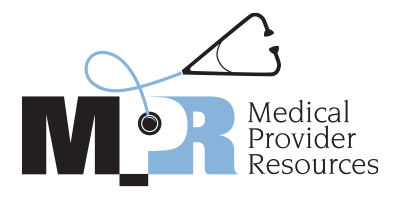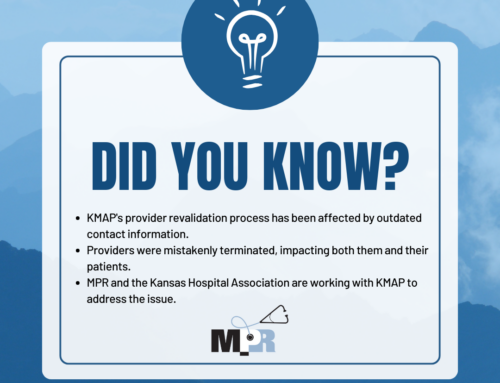The recent publication of the Quality Review Edition of The Surveyor by the Accreditation Commission for Health Care (ACHC) sheds light on critical aspects of healthcare delivery in acute care hospitals and critical access hospitals (CAHs). Deanna Scatena, RN, associate program director for ACHC’s Acute Care and Critical Access Hospitals program, has provided valuable insights into some of the most frequently cited deficiencies.
One significant deficiency highlighted in the report pertains to staffing, falling under standard 05.01.13. Shockingly, the ACHC found that 56% of surveyed CAHs were deficient in meeting this standard. This standard underscores the importance of a meticulous credentialing and privileging process, encompassing 11 essential elements for all practitioners seeking appointment or reappointment to a CAH’s medical staff.
Scatena elaborated on the intricacies of this standard, emphasizing criteria such as primary source verification of licensure, medical education, board status, peer references, and clinical activity logs. Each criterion demands thorough scrutiny for every applicant to ensure the delivery of safe, high-quality patient care.
The report outlines deficiencies identified during surveys, such as discrepancies in delineation-of-privileges criteria, lapses in verifying meeting attendance requirements, and missing documentation in credential files. These findings underscore the importance of adhering to standards designed to mitigate risks for patients and healthcare organizations.
In response to these challenges, ACHC offers practical tips to enhance compliance with the standard:
1. Review applications meticulously against role-specific requirements outlined in medical staff bylaws.
2. Reinforce expectations regarding meeting attendance among practitioners, periodically auditing attendance to ensure compliance.
3. Refrain from forwarding incomplete applications for review, ensuring all required elements are adequately documented beforehand.
By embracing these recommendations, CAHs can fortify their credentialing processes, fostering a culture of accountability and diligence in delivering optimal patient care. As guardians of healthcare quality, it’s imperative for institutions to heed these insights and strive for continuous improvement in meeting accreditation standards.



